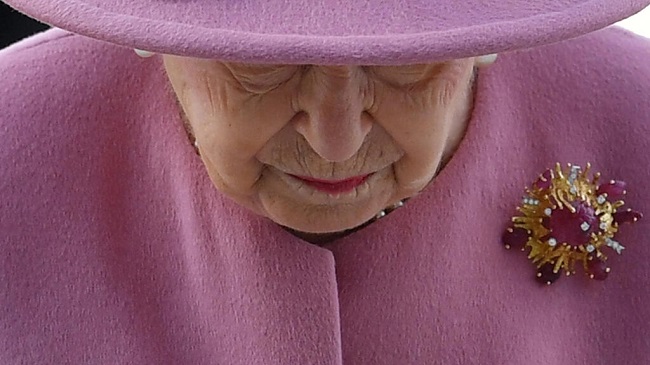African bishops remember Queen Elizabeth as ‘pillar of stability’
Queen Elizabeth II was remembered for “certain lasting values of discipline, hard work, a sense of duty, honesty and meritocracy” by bishops in Africa after her death on Thursday at the age of 96.
When she ascended the throne in 1952, the United Kingdom still ruled over much of Africa, and her reign saw the era of decolonizing the British Empire. Most of English-speaking Africa now belongs to the Commonwealth of Nations, a free association of mostly former British colonies headed by the British monarch.
Bishop George Nkuo of the Kumbo Diocese in Cameroon’s troubled North West region told Crux that Queen Elizabeth stood as “a symbol for royalty and of good and lasting values.”
“She certainly will be remembered as one who despite the changes brought about by the Android age, continued to remind the world of certain lasting values of discipline, hard work, a sense of duty, honesty, and meritocracy.”
Archbishop Ignatius Kaigama of Abuja in Nigeria told Crux that he received the news of the Queen’s passing with “great sorrow and sadness,” noting that “news of the demise of the longest-reigning monarch in British history, and the oldest and longest-serving head of state in the world, came as a shock.”
He recalled that Elizabeth came to the throne promising to devote her whole life to the service of the British people.
“The queen reigned with grace, elegance, and a tireless work ethic to fulfill this declaration,” Kaigama said.
He said Elizabeth was the only British monarch the vast majority of Nigerians had ever known, and had developed “great admiration and filial affection for her.”
“What made Queen Elizabeth so special was that she grasped the full spiritual weight and responsibility of her office, and sought to execute it with that in mind,” Kaigama said.
He asserted that the queen put her Christian faith at the center of all that she did, “and this made her a pillar of stability in an ever-changing world.”
“Her Majesty was, indeed, the epitome of duty, stability, wisdom and grace. The axiom, ‘Service Untiringly done. Duty faithfully fulfilled,’ encapsulates her reign,” the Nigerian prelate continued.
“The queen touched the hearts of many with her dedicated service especially to the Commonwealth which remains an important trade partner, investor and development partner in many African countries, the biggest being South Africa and Nigeria. It is our hope that the Commonwealth could continue to offer stability and continuity in years to come, especially, during the reign of King Charles III,” the archbishop added.
Bishop Sithembele Sipuka, the president of the South African bishops’ conference, told Crux that Queen Elizabeth was “a source of cohesion and identity for her people.”
“With all the moral failures that have been noted both in the royal family and in the country, Queen Elizabeth was regarded as a moral barometer and an ideal of good behavior,” Sipuka said.
The Coptic Orthodox Church in Egypt, headed by Pope Tawadros II, issued a statement saying the queen leaves behind “a great legacy of noble humanitarian work and huge support to human rights and religious freedom.”
“We particularly remember her relationship with our Coptic Church and her support to its existence in Britain to serve the church’s children living there, and this support was manifested in decorating Bishop Angaelos of the Coptic Orthodox in the UK with the Order of the British Empire (OBE),” the Egyptian church said in a statement.
Queen Elizabeth has been succeeded by her eldest child, Charles III. She will be laid to rest on Sept. 19.
Culled from Crux





